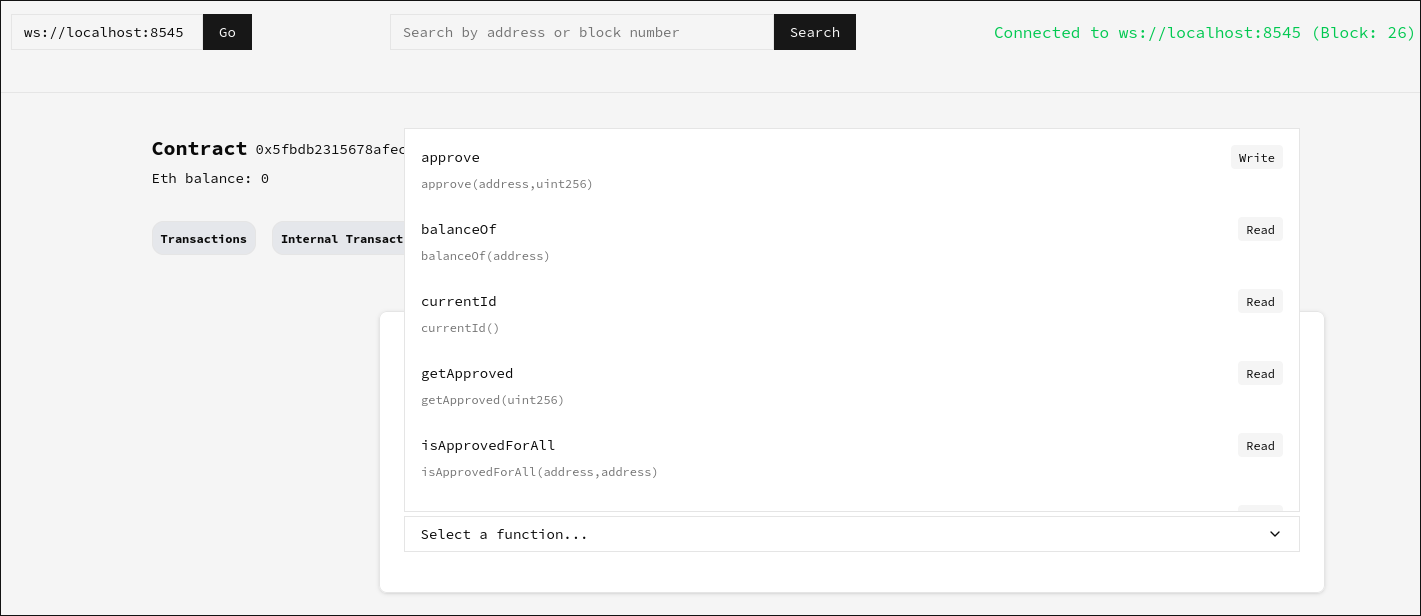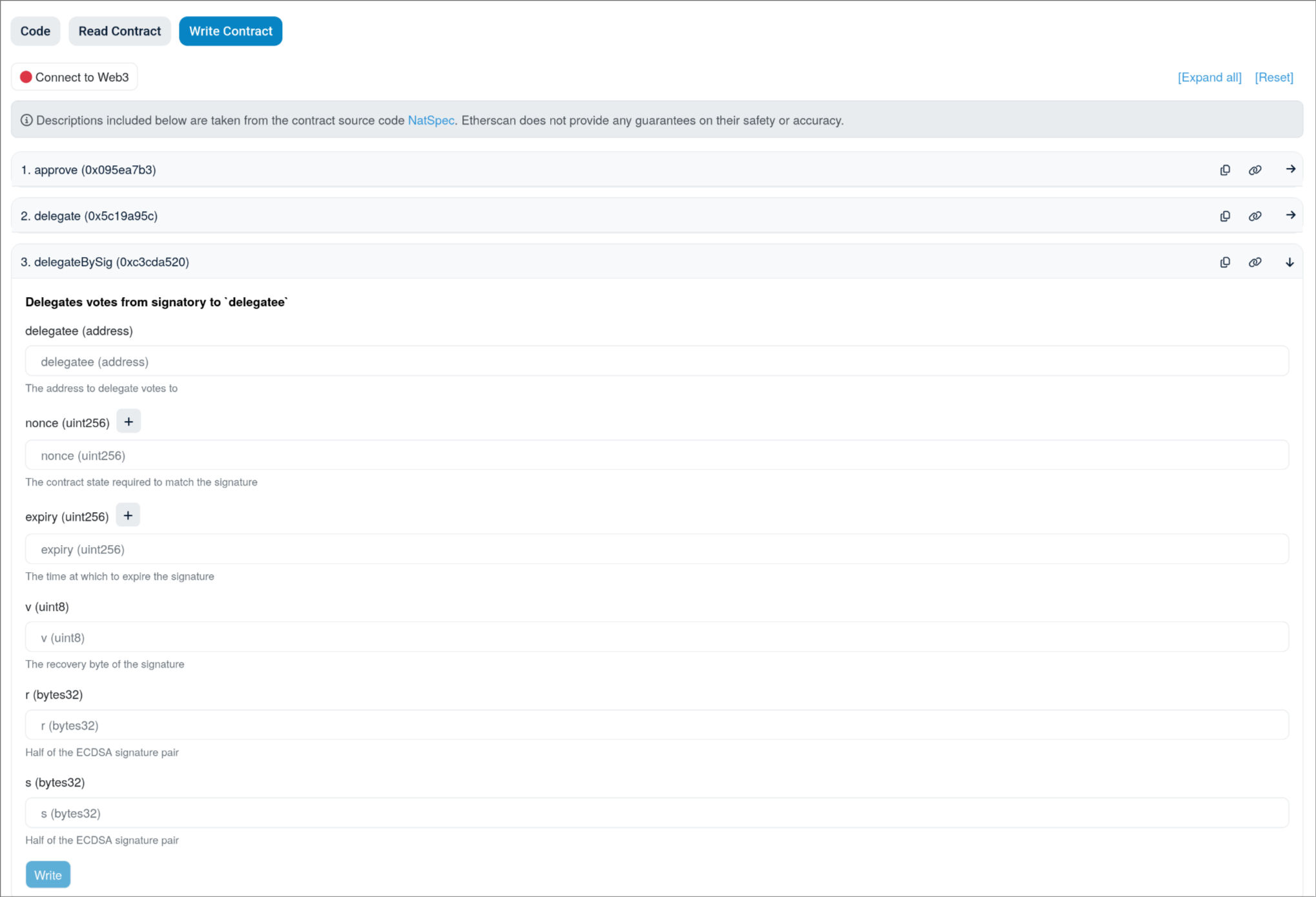
Today we're announcing a new tool we've been working on: a local-first Ethereum explorer:
An Ethereum local explorer
explorer.ethui.dev
You can connect it to any Ethereum RPC, but it shines the most when used with Anvil nodes, and with ethui as the connected wallet.
The easy way: you go to https://explorer.ethui.dev/ and connect to your Anvil node.
The slightly less easy way: clone and run the source at https://github.com/ethui/explorer.
Our explorer has a narrow focus: Anvil nodes, running either locally or remotely (as a private testnet). Connections to regular RPCs will work, but with limited functionality (we rely on the ots_* namespace, so Erigon nodes should actually work too).
With it, you can quickly inspect anvil instances, navigate through addresses, contracts and transactions. And more importantly, you can interact with contracts, just as you would with ethui itself:

There are so many blockchain explorers out there, but most of them several major shortcomings for developers:
As a result, they're often used as a crutch for when things are already deployed but some quick debugging is needed, or for when you need that one transaction that you haven't bothered to implement the UI for yet.
Who among us hasn't had to withdraw some funds from a contract, or revoke a compromised wallet's role, through something like this?

It also doesn't help that the most popular explorer, Etherscan, has a pretty limited web3 login system, making a lot of wallets unable to connect.

This is a hugely popular open-source effort, Otterscan, attempting to replicate Etherscan's functionality in a local and private environment:
However, for development workflows, it has some drawbacks of it's own:
Using Otterscan as a base was also not an easy option, as it uses an incompatible stack compared to ours (ethers.js-based vs viem-based).
The groundwork for this started a while ago, with the extraction of ethui's style system to a separate system
Ultimately, these are two projects with similar privacy concerns, but different end-goals. We highly appreciate the work done by Otterscan, and this is by no means an attempt to replace it.
Head over to https://explorer.ethui.dev/ and see how it works with your own local setup. We'd love to hear your feedback via Github or Twitter.
Let's all make Ethereum development a little more comfortable for everyone!